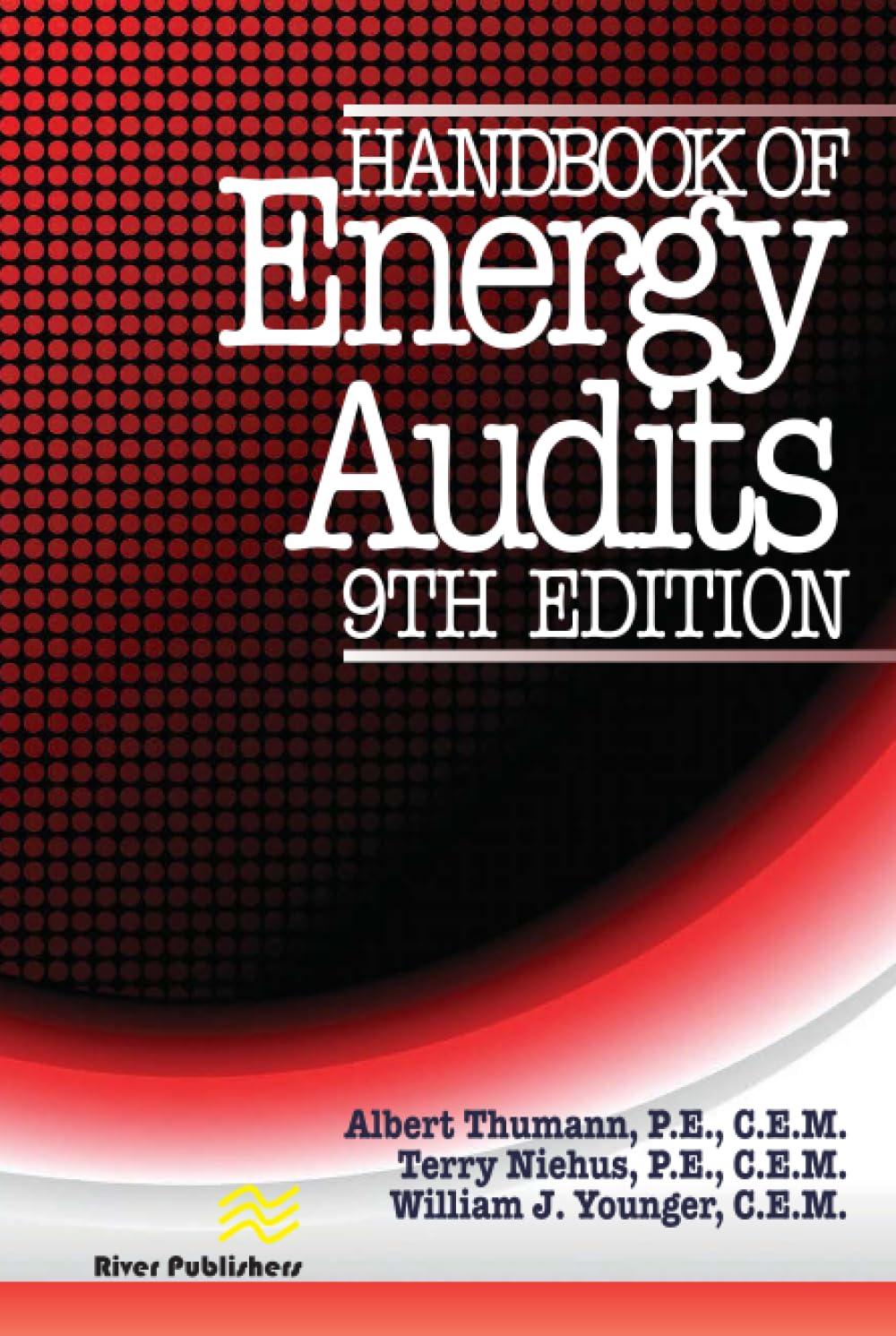Question
In 1997, a disagreement arose between Livent Inc. and its auditor, Deloitte and Touche (Deloitte). Livent, which operated several theaters for live stage production, had
In 1997, a disagreement arose between Livent Inc. and its auditor, Deloitte and Touche (Deloitte). Livent, which operated several theaters for live stage production, had sold the naming rights to one of its theaters to AT&T for $12.5 million. The agreement was oral, and one of the theaters was under construction. The auditors for Deloitte believed that only a portion of the deal should be included in revenue, but Livent wanted to book the entire $12.5 million. Livent retained Ernst & Young (EY) to provide an opinion on the transaction. EYs report indicated that all $12.5 million could be recorded as revenue. Deloitte hired Price Waterhouse (currently PricewaterhouseCoopers) to review the transaction. Price Waterhouse agreed with EY and Livent, and Deloitte allowed Livent to book the $12.5 million. In 1998, Livent issued a series of press releases indicating the discovery of significant account irregularities and, later in 1998, Livent declared bankruptcy.
Required:
Exhibiting professional competence and due professional care are part of the general standards set forth in the AICPA Code of Professional Conduct. Comment on the decision to engage public accounting firm competitors EY and Price Waterhouse concerning the disagreement over the accounting treatment of the $12.5 million transaction. Do you believe that hiring a competitor firm is sufficient to meet due professional care standard even though the company eventually declares bankruptcy?
Step by Step Solution
There are 3 Steps involved in it
Step: 1

Get Instant Access to Expert-Tailored Solutions
See step-by-step solutions with expert insights and AI powered tools for academic success
Step: 2

Step: 3

Ace Your Homework with AI
Get the answers you need in no time with our AI-driven, step-by-step assistance
Get Started


